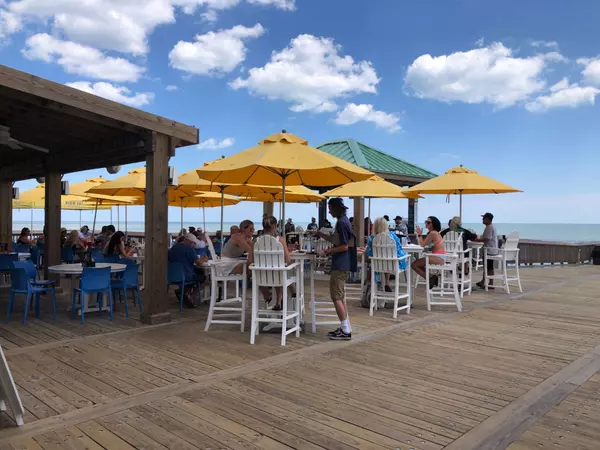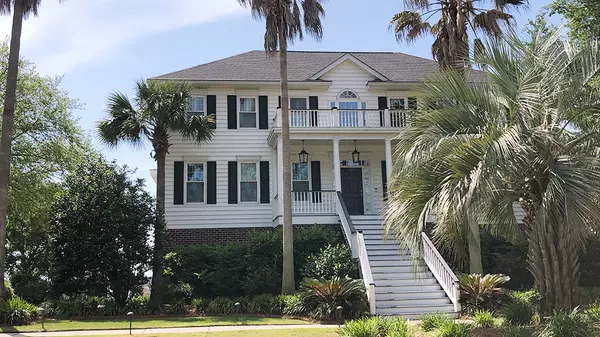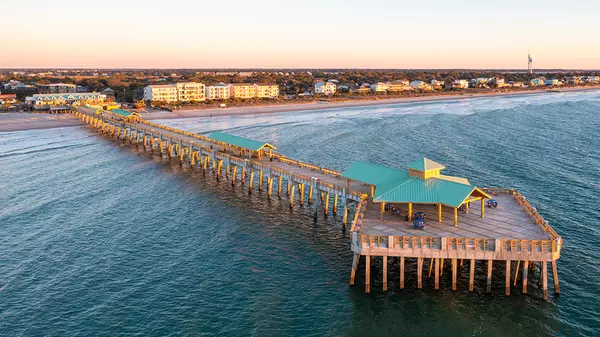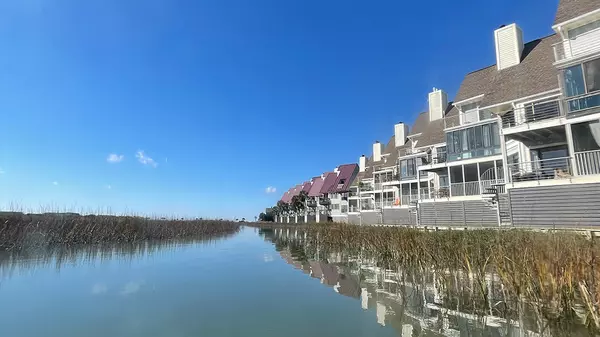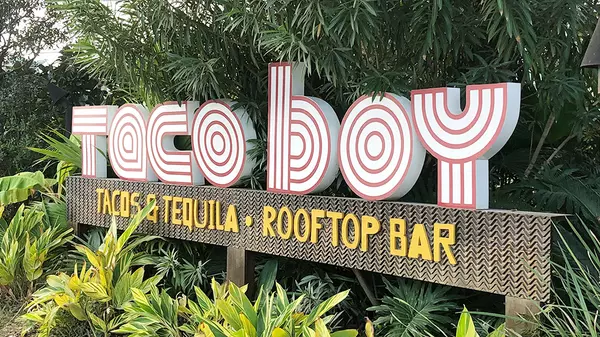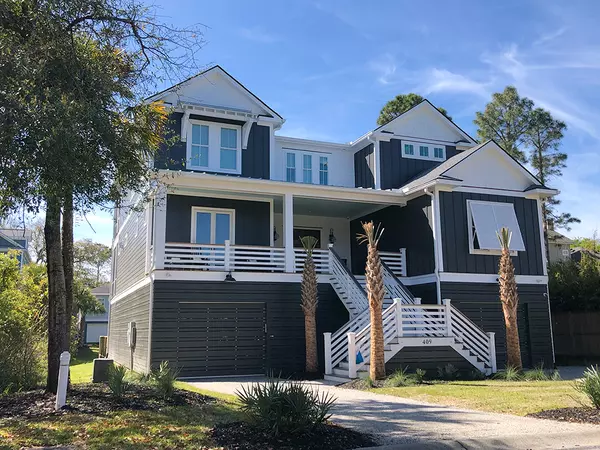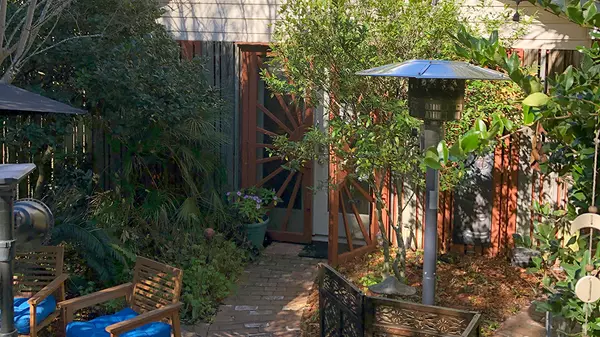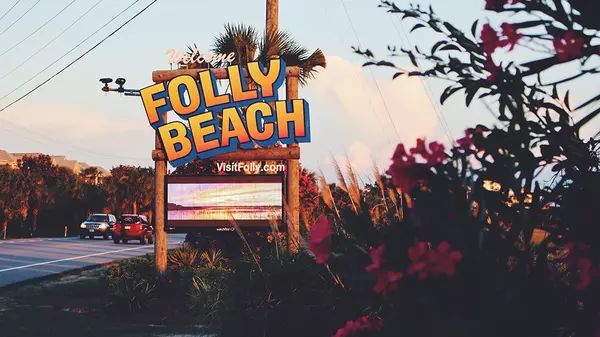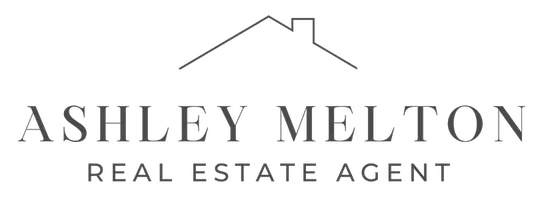
Is Paying a Lot Premium Worth It in 2022?
When clients consider buying new construction homes, one of the most frequent questions that come up is whether or not it's worth paying a premium for the lot their home will be built on. There isn't a singular yes or no answer because there are several considerations to factor in when deciding to pay a lot premium which we'll go over in this post. What is a lot premium? A lot premium is a fee builders charge for lots with more desirable attributes than others in the development. These fees can vary widely from zero to millions of dollars depending on the location, the housing market, and other considerations including what the builder perceives as added value. This perceived value can also vary from builder to builder and is part of the base price of the home.Builders can also control the pace of sales with lot premiums. If they need to move excess inventory, lower fees or negotiations may be possible. If the lots are selling quickly and homesite availability dwindles, you may see a price increase due to demand. Generally, these fees are rolled into the purchase price of the home. What makes a lot worth a premium? There are several types of lots a home will be built on that can factor into the lot fee, below is a list of some of the more prevalent ones: 1. Flat Lot As the name gives away, flat lots are flat, even bases the home is built on, and can have full foundations with basements. 2. Corner Lot These lots tend to be larger than the other lots in the neighborhood and are located at the intersections of two roads. While they offer more of a view and may offer easier access to the home, they also provide more land that needs to be maintained. 3. View Lot The name says it all, these lots are usually a desirable homesite that offers views of a neighborhood. This could be a marsh or golf course view or could back up to a pond. Here in the Lowcountry, grand trees usually equal a lot premium as well. 4. Larger Lot This is simply a larger lot than others available in the development but will usually command a higher homesite premium. 5. Cul-de-sac Lot Cul-de-sacs feature larger backyards and more privacy without the usual through traffic on main roads and added safety for children. These are dead-end, quiet streets with circular turnarounds. 6. Interior Lot The most common type of lot is surrounded by other lots on all three sides. These typically have sizable backyards but lack privacy. 7. Key Lot These lots tend to be "landlocked" with three or more lots abutting the sides reducing privacy. Key lots will not typically command a lot premium. 8. T-Intersection Lot T-Intersection lots can carry a premium if it's for commercial purposes and increased visibility is desired. However, for residential needs, these lots which face the T-intersection are susceptible to headlights from oncoming cars and safety issues for children, and potential home damage from automobile accidents especially if it's a busy street. It's all nuance There are a variety of factors that contribute to a lot's price. Does the lot have an unobstructed view of a marsh? A pond or lake? The ocean? Is it near a road or park? A golf course? Paying a premium for a home lot is subjective and possible risk. When you decide to sell your home, you may need to convince a potential buyer the same thing you valued enough to pay more for - is something they should pay more for as well. Tips for paying a lot premium Don't just look at a lot on a map in the model home or the builder's office. Look at the lot in person as well and imagine what your view will look like, what ambient noise will be present, what the other lots have on them or WILL have on them. Take into account what your perceived value is as well. When deciding if a lot premium is worth the additional expense, think about the value when you sell your home. If you’re backing up to woods or a buffer, is there a potential that the area can be developed? Are the trees going to create issues with the yard? Will the grass be able to grow? Will the trees block sunlight and make the home feel dark? So, Should you pay a lot premium for your new construction or not? Depending on the lot, the premium you pay could retain or increase its value but it's not guaranteed. In the end, it should come down to whether or not the value makes sense in your eyes. Whether or not it's worth paying to get the home of your dreams. It’s often worth the extra money for the perfect lot, but buyers need to do their research to ensure they are making the right decision. It's always advisable to work with a real estate professional before you consider building on any lot instead of working directly with a builder yourself. Taking the time to find the best real estate agent for your needs can help tremendously. They'll help you expertly navigate the process, answer your questions about lot premiums and negotiate the sales price on them as well. If you have any questions about lot premiums and how they relate to buying here in the Charleston area, Get in touch and I'd be happy to help.
Categories
- All Blogs (51)
- Charleston, South Carolina (10)
- First-Time Home Buyers (12)
- Folly Beach, South Carolina (11)
- Goose Creek South Carolina (1)
- Home Appraisals (2)
- Home Buying (32)
- Home Inspections (2)
- Home Maintenance (3)
- Home Selling (14)
- James Island, South Carolina (3)
- Mount Pleasant, South Carolina (3)
- New Home Construction (1)
- Summerville, South Carolina (1)
- West Ashley, South Carolina (2)
Recent Posts
